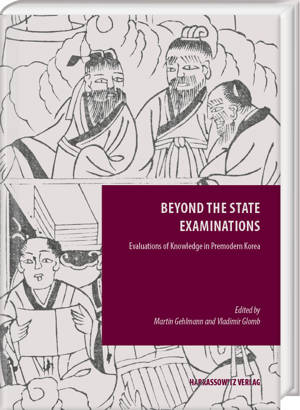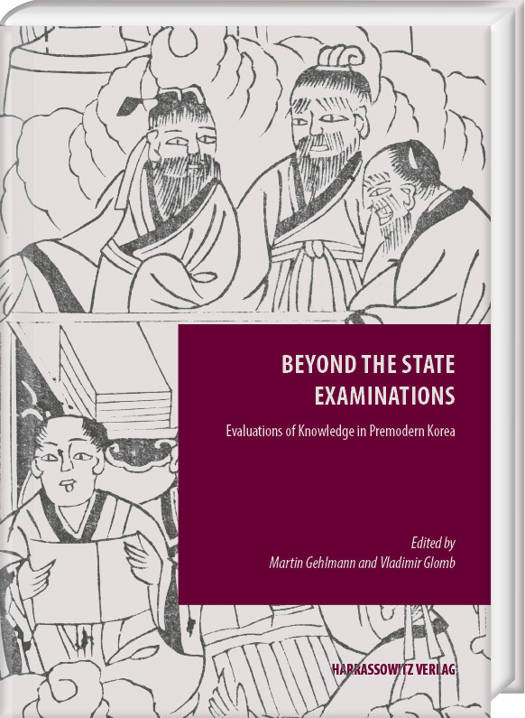
- Afhalen na 1 uur in een winkel met voorraad
- Gratis thuislevering in België vanaf € 30
- Ruim aanbod met 7 miljoen producten
- Afhalen na 1 uur in een winkel met voorraad
- Gratis thuislevering in België vanaf € 30
- Ruim aanbod met 7 miljoen producten
Zoeken
Beyond the State Examinations
Evaluations of Knowledge in Premodern Korea
€ 123,95
+ 247 punten
Omschrijving
Based on the assumption that every transfer of knowledge, whether it is implicit or explicit, is accompanied by an evaluation of ist efficiency, the contributions of Beyond the State Examinations strive to explore various types of knowledge evaluation in premodern Korea. While most previous research in this area focused on the backbone of the civil and military structure of the Choson state (1392-1910), the government service examination system, the volume explores new perspectives on both formal and informal modes of knowledge evaluation employed in Buddhist communities, literati gatherings, educational settings, military circles or among women. It shows that the male, elite-centered state examination system and ist top-down hierarchy was only one type of knowledge assessment practices in Choson society, even though it was often critically questioned. A broader understanding of knowledge evaluation raises several questions on who assessed Buddhist enlightenment, how military prowess was measured, or why knowledge of literary allusions could not only bring success or failure in the state examinations, but was also a notable form of entertainment for ist participants.
Specificaties
Betrokkenen
- Uitgeverij:
Inhoud
- Aantal bladzijden:
- 183
- Taal:
- Engels
- Reeks:
- Reeksnummer:
- nr. 34
Eigenschappen
- Productcode (EAN):
- 9783447121477
- Verschijningsdatum:
- 3/04/2024
- Uitvoering:
- Hardcover
- Formaat:
- Genaaid
- Afmetingen:
- 178 mm x 19 mm
- Gewicht:
- 811 g

Alleen bij Standaard Boekhandel
+ 247 punten op je klantenkaart van Standaard Boekhandel
Beoordelingen
We publiceren alleen reviews die voldoen aan de voorwaarden voor reviews. Bekijk onze voorwaarden voor reviews.






